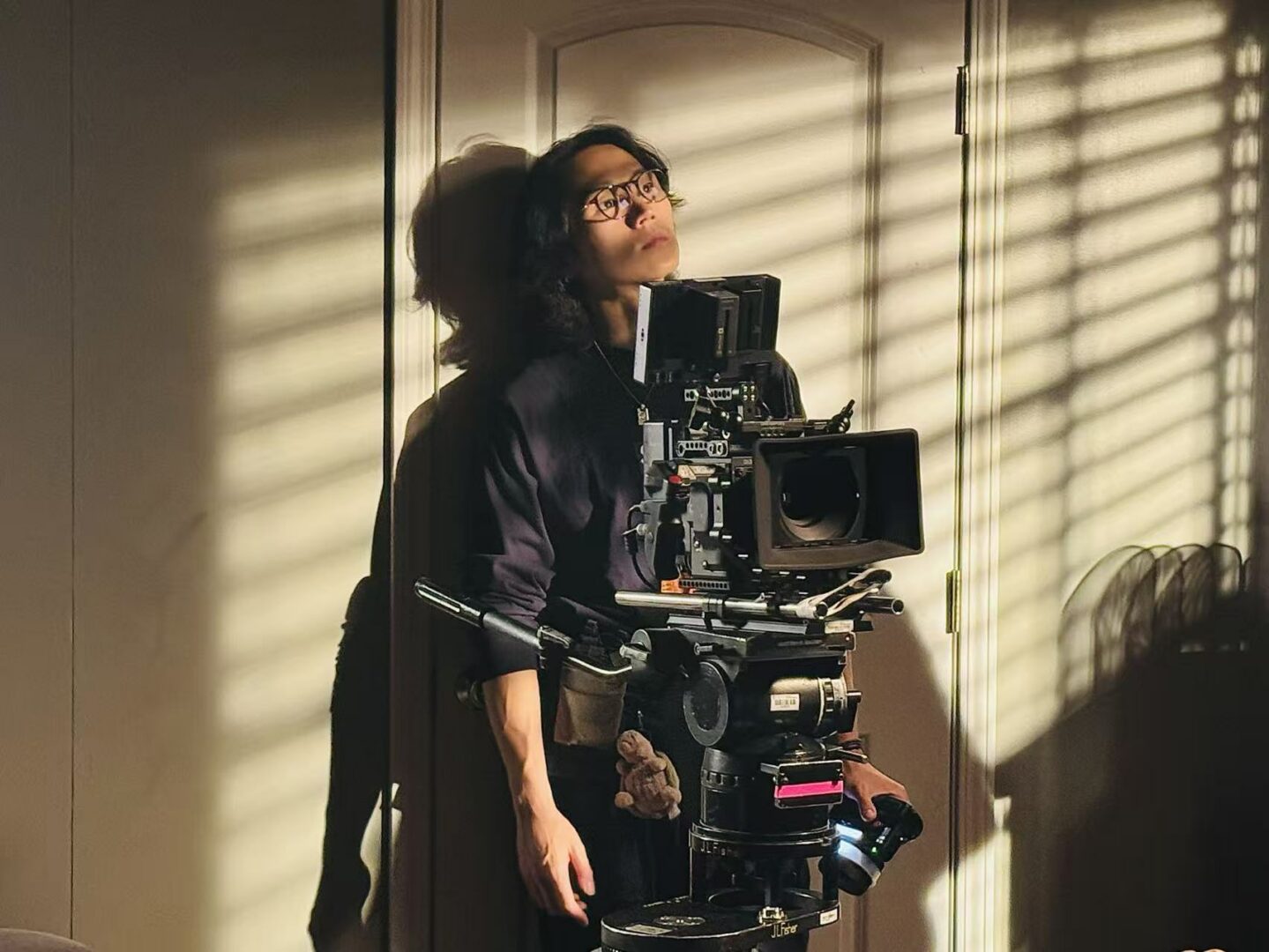Alright – so today we’ve got the honor of introducing you to Baizhuan Wan. We think you’ll enjoy our conversation, we’ve shared it below.
Baizhuan, thanks for taking the time to share your thoughts with us today. We’re excited to dive into your story and your work, but first let’s start with a broader topic that might be stopping many of our readers from pursuing their dreams – haters, nay-sayers, etc. How have you managed to persist despite haters and nay-sayers that inevitably follow folks who are doing something unique, special or off the beaten path?
In the film industry—especially in production—competition is fierce. There are always more people than positions, and sometimes it’s not even about making enemies. Your working style, or even a small mistake, can become the seed of rumors that spread quickly. One person says something, and suddenly ten others repeat it, until it feels like the entire industry has heard. These whispers can have a devastating impact: the loss of opportunities, or even a reputation that you’ve worked so hard to build.
What this industry has taught me is the difference between *work* and *friendship*. In cinematography, we must learn to embrace healthy competition, refine our own style, and treat people with kindness. But there will always be those who try to bring you down with malice or gossip. The way I learned to persist is by simply letting it go—smiling, moving forward, and focusing on becoming better.
I’ll never forget when a well-known actor friend once called me and said: “Someone out there is talking badly about you. I wanted you to know because when people blindly criticize others, it usually means they have deeper problems themselves.” That moment changed me. I realized the best response is silence, growth, and resilience.
And indeed, years later, I found myself on set as the director of photography, working with the very person who once tried to damage my reputation. This time, I had the power to decide whether or not they stayed on set. That experience reminded me of an important truth: in this industry, the best strategy is to do more, say less, and let your work speak louder than any rumor.
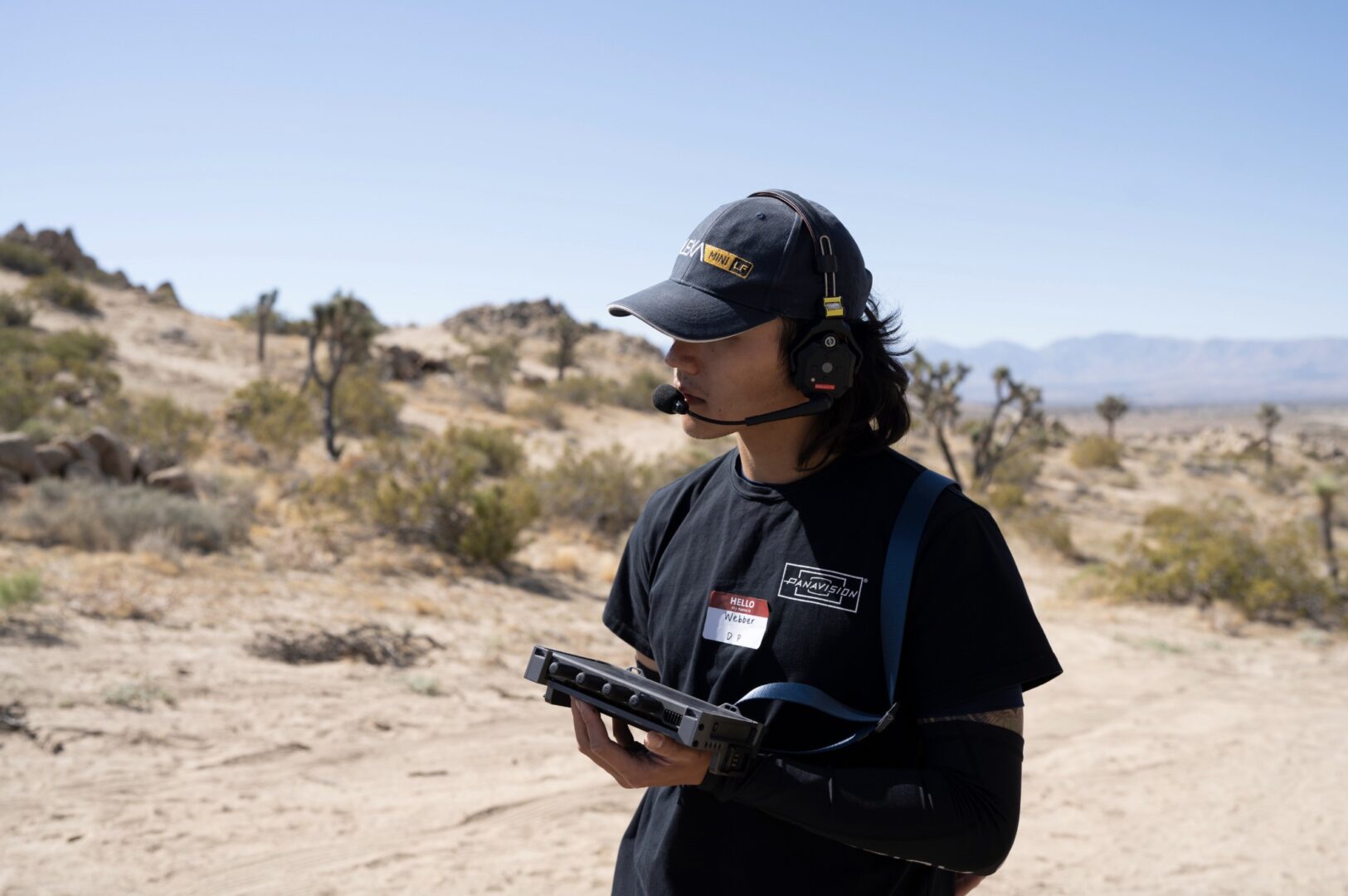
Great, so let’s take a few minutes and cover your story. What should folks know about you and what you do?
I’m a cinematographer and filmmaker based in Los Angeles, with roots in China where I grew up in my father’s theater. That early experience shaped my eye for storytelling and performance, and it still influences how I frame images today.
What excites me most about my work is bridging cultures—bringing Eastern sensibilities of subtlety and poetry into Western visual storytelling. My projects range from narrative films and commercials to documentaries about cultural heritage, like my upcoming film on Yutaixiang, a century-old Beijing costume and embroidery house. At the same time, I’m developing branded campaigns that emphasize style, innovation, and freedom.
For me, cinematography is about creating images that carry emotional honesty and connect across borders. Whether I’m behind the camera on a commercial, a cultural documentary, or a feature film, I want the work to speak louder than words and leave a lasting impression.
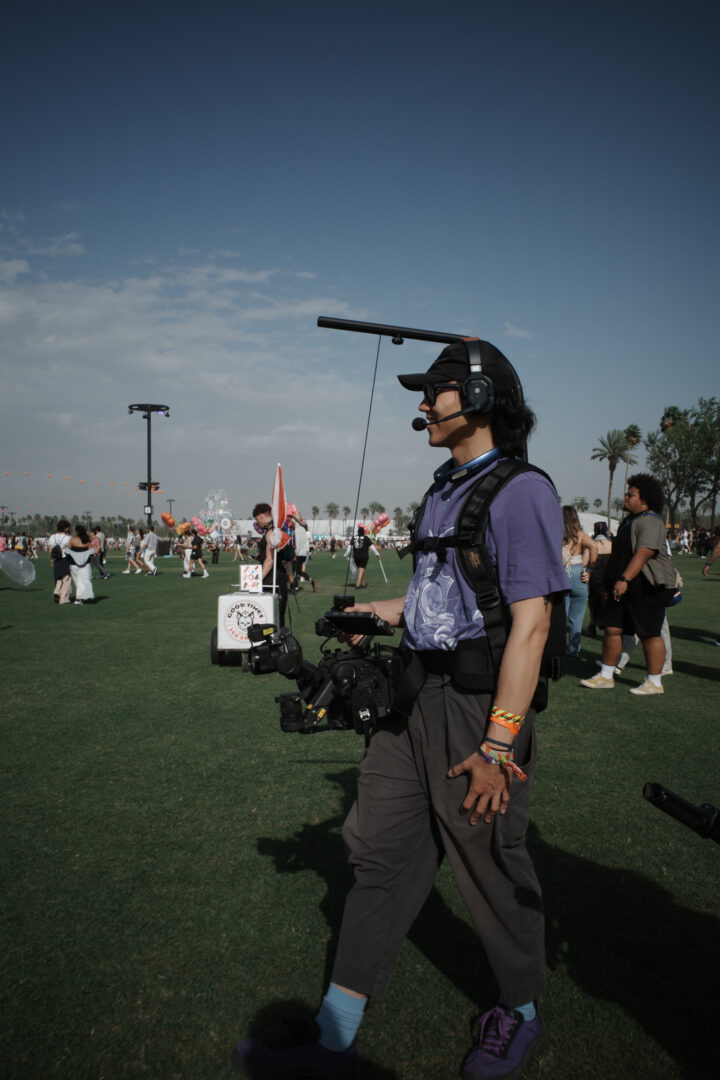
There is so much advice out there about all the different skills and qualities folks need to develop in order to succeed in today’s highly competitive environment and often it can feel overwhelming. So, if we had to break it down to just the three that matter most, which three skills or qualities would you focus on?
1. Resilience and persistence.
The film industry is full of rejection, competition, and moments where people doubt you. What helped me was learning to separate noise from my purpose—focusing on the work, not the gossip. For those starting out, my advice is: don’t let one rejection define you. Keep showing up, keep shooting, and your consistency will speak louder than words.
2. Cross-cultural perspective.
Growing up in China and working in Los Angeles gave me two very different visual and storytelling traditions to draw from. I find inspiration in combining Eastern subtlety with Western cinematic scale. For younger creatives, I’d encourage staying curious about perspectives outside your own culture or comfort zone—it will expand your creative language in ways you can’t imagine.
3. Technical mastery with artistic intent.
As a cinematographer, I’ve worked with a wide range of tools—from ARRI and Sony cinema cameras to drones and advanced lighting setups. But what really matters is not the gear itself, it’s knowing why you use it to tell a story. For beginners, I’d suggest mastering the fundamentals—light, composition, and rhythm—before chasing every new piece of technology. The artistry always comes first.
In short, resilience keeps you in the game, perspective broadens your vision, and technical mastery allows your ideas to take form.
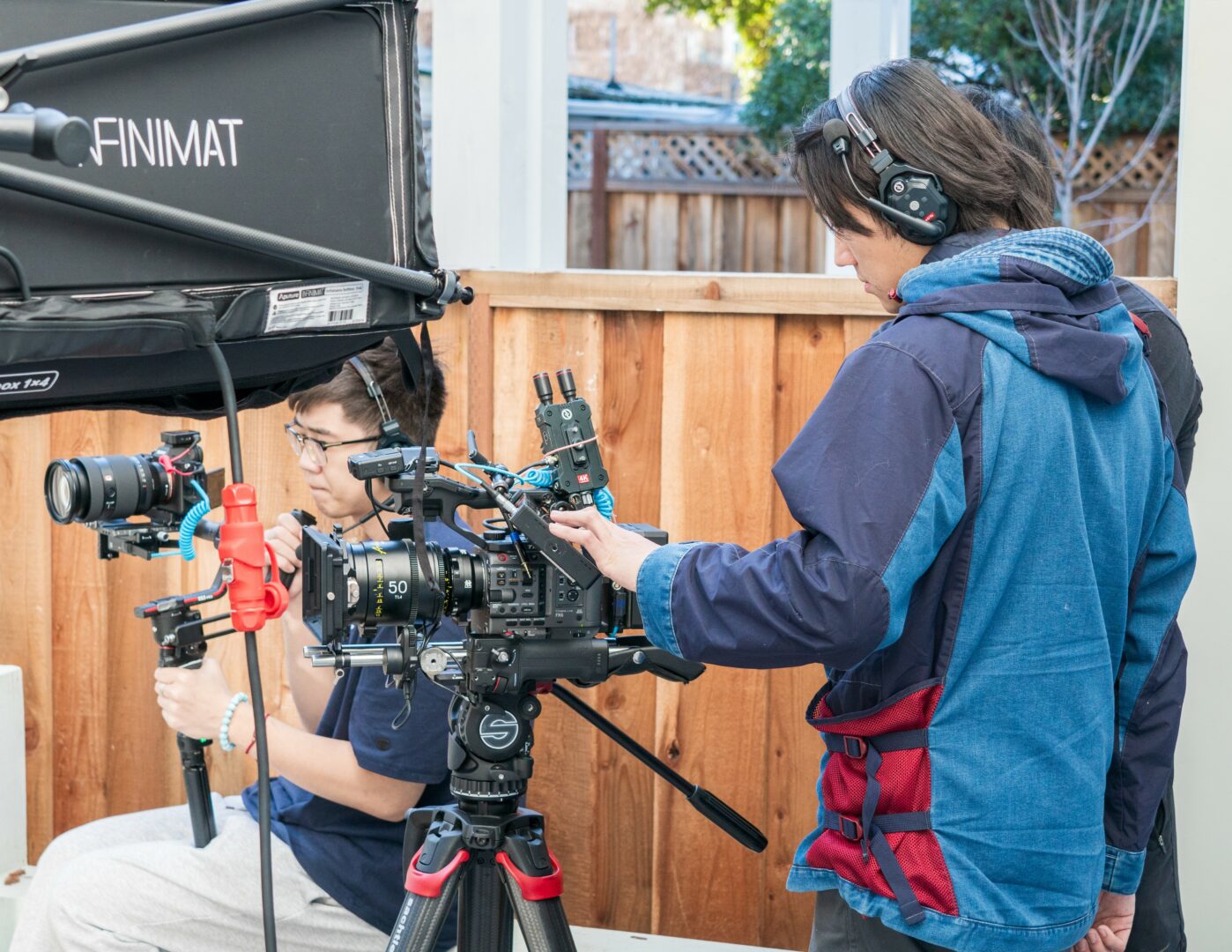
What’s been one of your main areas of growth this year?
Over the past 12 months, my biggest area of growth has been learning how to flow with the world around me. As an international student and artist, the global climate has been challenging—immigration feels uncertain, and within the industry, the landscape has shifted. Narrative films and meaningful commercials feel rare, while quick, vertical short dramas dominate the market. I’ve realized that this is not the kind of work I want to devote my limited lifetime to.
In the past, I was always eager to do everything—full of energy, chasing every opportunity with urgency. But recently, I’ve grown into a different rhythm. I’ve learned to embrace *flow*—a poetic pace of life and work. Flow doesn’t mean slowing down; it means aligning myself with opportunities, people, and stories in a way that feels more authentic. I’ve become more open-hearted, more appreciative of the people and things around me, and more selective about where I put my energy.
This shift has allowed me to stay grounded, creative, and, ultimately, more fulfilled.
Contact Info:
- Website: https://vimeo.com/user116435908?fl=pp&fe=sh
- Instagram: https://www.instagram.com/wanbaibaii/
- Other: https://www.copacetictalent.com/
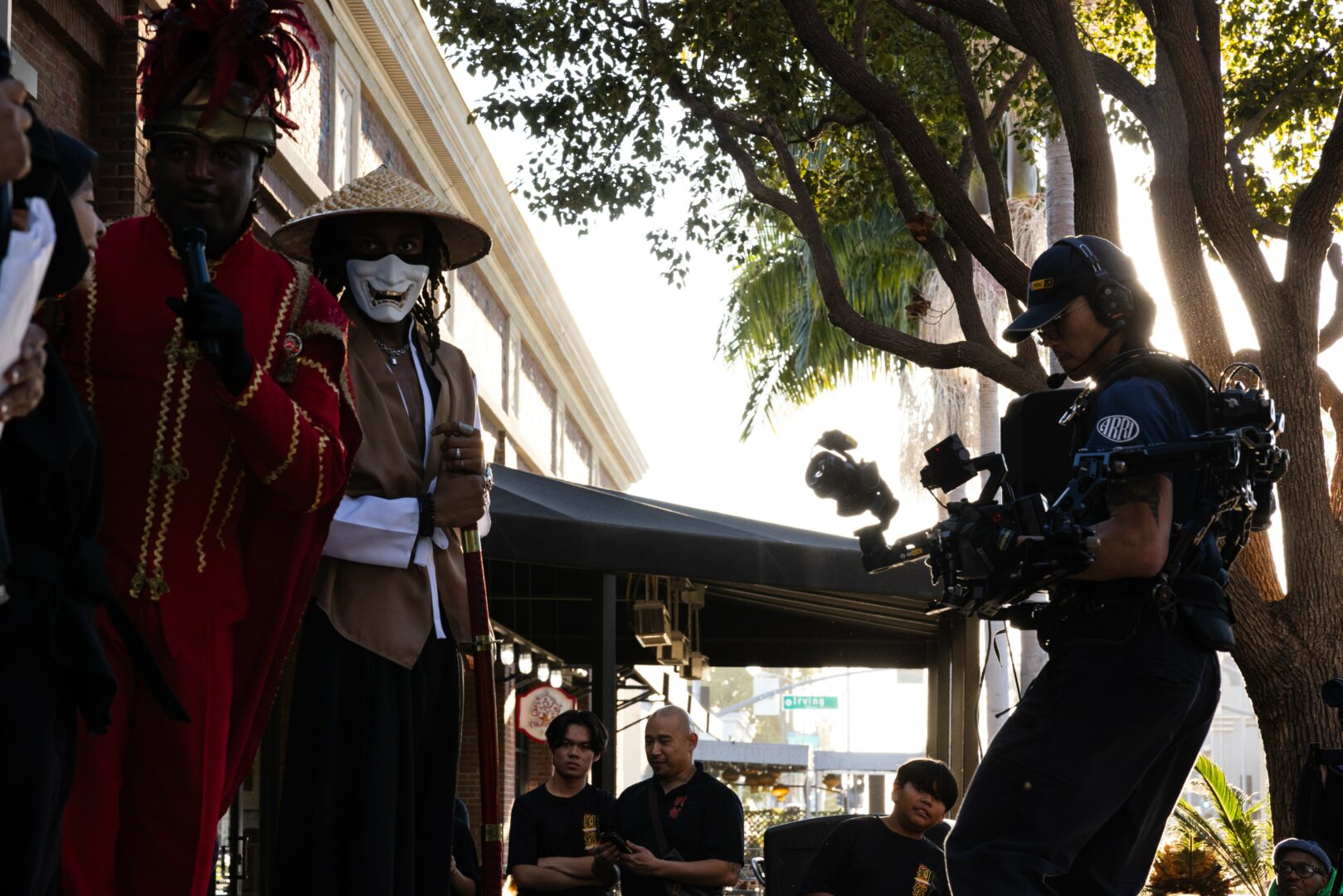
so if you or someone you know deserves recognition please let us know here.

